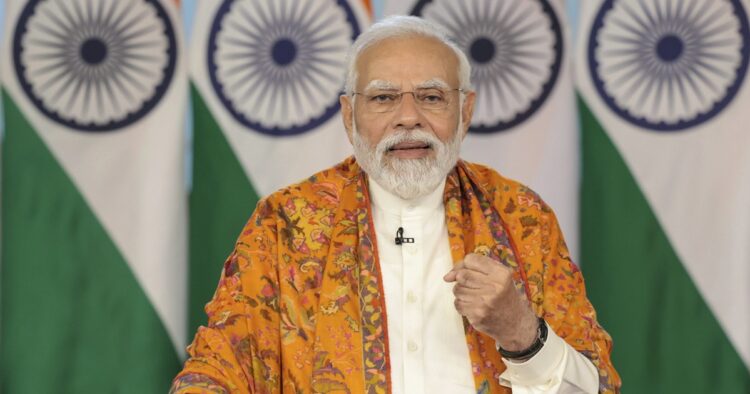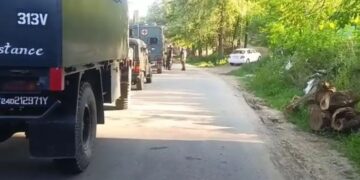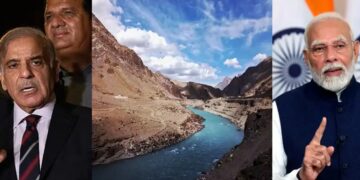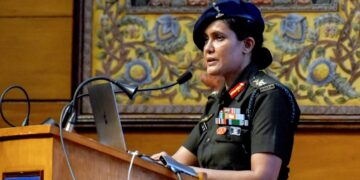In a recent interview with Newsweek, Prime Minister Narendra Modi defended the controversial decision to revoke Article 370 in Jammu and Kashmir, asserting that the move has led to a significant decrease in terrorist activities in the region.
Modi highlighted the positive changes on the ground, citing the disappearance of organized shutdowns and stone-pelting incidents that previously disrupted daily life in Kashmir. He invited the reporter to witness firsthand the transformative developments taking place in the Union territory.
During his visit to Srinagar last month, Modi expressed optimism about the newfound hope among the people of Kashmir, attributing it to the ongoing processes of development, good governance, and empowerment. He emphasized that peace is now being enjoyed by the people, referring to it as a “peace dividend.”
The prime minister noted a surge in tourism, with over 21 million tourists visiting Jammu and Kashmir last year. Additionally, he highlighted the growing interest in sports among the youth, indicating a shift towards viewing sports as a viable career path.
Modi underscored the benefits of Article 370 abrogation for Kashmiri women, stating that they now have equal rights to inherit and transfer property regardless of marital status or residency, marking a significant step towards gender equality.
The decision to revoke Article 370 was implemented on August 5, 2019, by the Narendra Modi government, which also led to the bifurcation of the erstwhile state of Jammu and Kashmir into two Union territories.
The Supreme Court upheld the decision on December 11 last year, directing the holding of elections in the region by September 2024 and the restoration of statehood at the earliest.
The Lok Sabha polls in the Union Territory are scheduled to be held in the first five phases on April 19 (Udhampur), April 26 (Jammu), May 7 (Anantnag-Rajouri), May 13 (Srinagar), and May 20 (Baramulla).
The Election Commission has announced that assembly elections in the Union territory will be conducted immediately after the general elections, citing logistical challenges in holding simultaneous polls due to the large number of candidates.
Chief Election Commissioner Rajiv Kumar explained that holding simultaneous elections for parliamentary and assembly constituencies was not feasible due to the logistical complexities involved, including the need for providing security forces to every candidate in every constituency.

















Comments